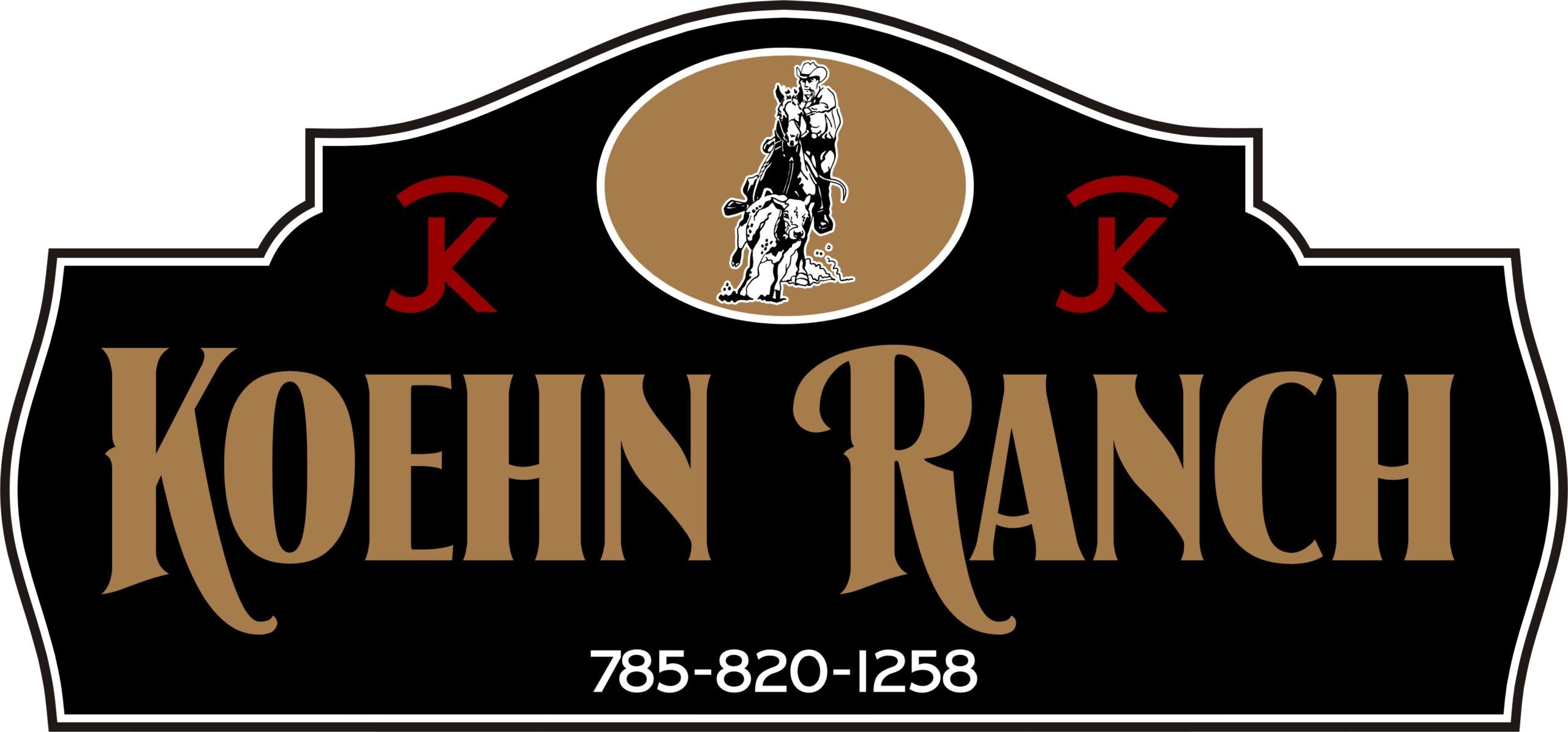As a broodmare owner, it is important to ensure that your mare receives proper nutrition and exercise in order to maintain her health and produce healthy foals. Proper nutrition and exercise are key components in the care of broodmares, and can have a significant impact on the mare’s reproductive success and the health of her foals. In this blog, we will discuss some important considerations for the proper nutrition and exercise of broodmares, At Koehn Ranch in Kansas, USA.
Nutrition
The nutritional requirements of broodmares vary depending on their age, weight, body condition score, and stage of pregnancy. In general, broodmares require a balanced diet that includes high-quality forage, such as grass hay or alfalfa, and a concentrated feed that is designed specifically for broodmares. The feed should be low in starch and sugar, and high in protein, vitamins, and minerals.
During the first two-thirds of pregnancy, broodmares require relatively low levels of additional nutrients. However, during the last trimester of pregnancy, the mare’s nutrient requirements increase significantly. This is because the foal is growing rapidly and requires more nutrients to support its growth. During this time, it is important to feed the mare a diet that is high in energy, protein, and minerals, such as a concentrate feed designed for pregnant mares.
In addition information about Nutrition and Exercise for Broodmare , it is important to provide broodmares with access to clean water at all times. Dehydration can lead to health problems, such as colic, and can also affect the mare’s milk production.
Exercise
Exercise is also an important component of the care of broodmares. Regular exercise can help maintain the mare’s muscle tone and cardiovascular fitness, which can improve her ability to carry and deliver a foal. Exercise can also help prevent the mare from becoming overweight, which can increase the risk of health problems such as laminitis.
However, it is important to remember that the exercise program for a broodmare should be different than that of a riding horse. The exercise program should be designed to maintain the mare’s fitness, without placing undue stress on her body or risking injury to the foal. Walking and light trotting are generally recommended, while jumping or high-impact activities should be avoided.
It is important to gradually increase the level of exercise as the mare progresses through her pregnancy. During the last trimester of pregnancy, the mare’s exercise should be limited to low-impact activities, such as walking or light lunging. After foaling, the mare should be given time to rest and recover before starting an exercise program.
Conclusion
Proper nutrition and exercise are essential components of the care of broodmares. A balanced diet that is tailored to the mare’s needs, along with regular exercise, can help maintain the mare’s health and improve her reproductive success. If you are a broodmare owner, be sure to consult with your veterinarian or equine nutritionist to develop a nutrition and exercise plan that is appropriate for your mare’s individual needs, Ask us for more details and guidance for Broodmare.
